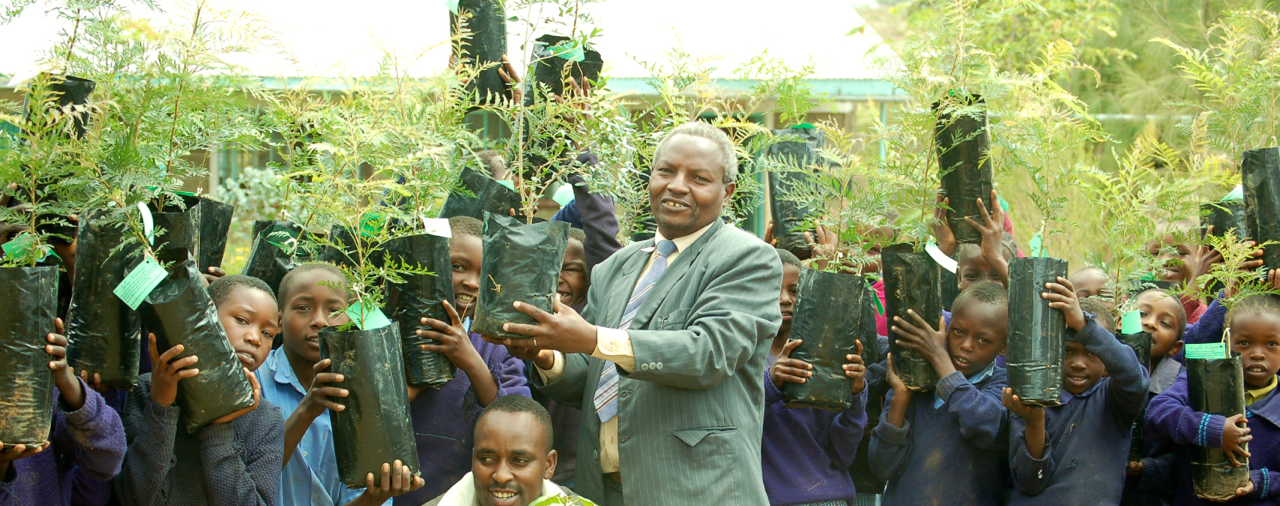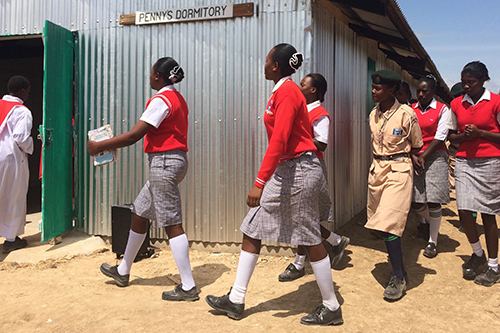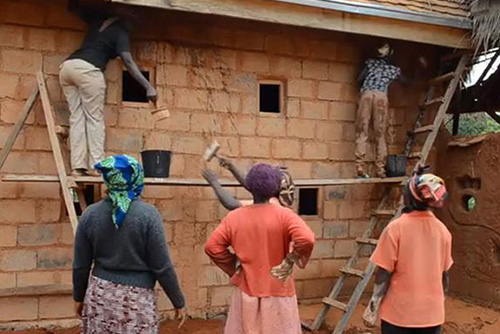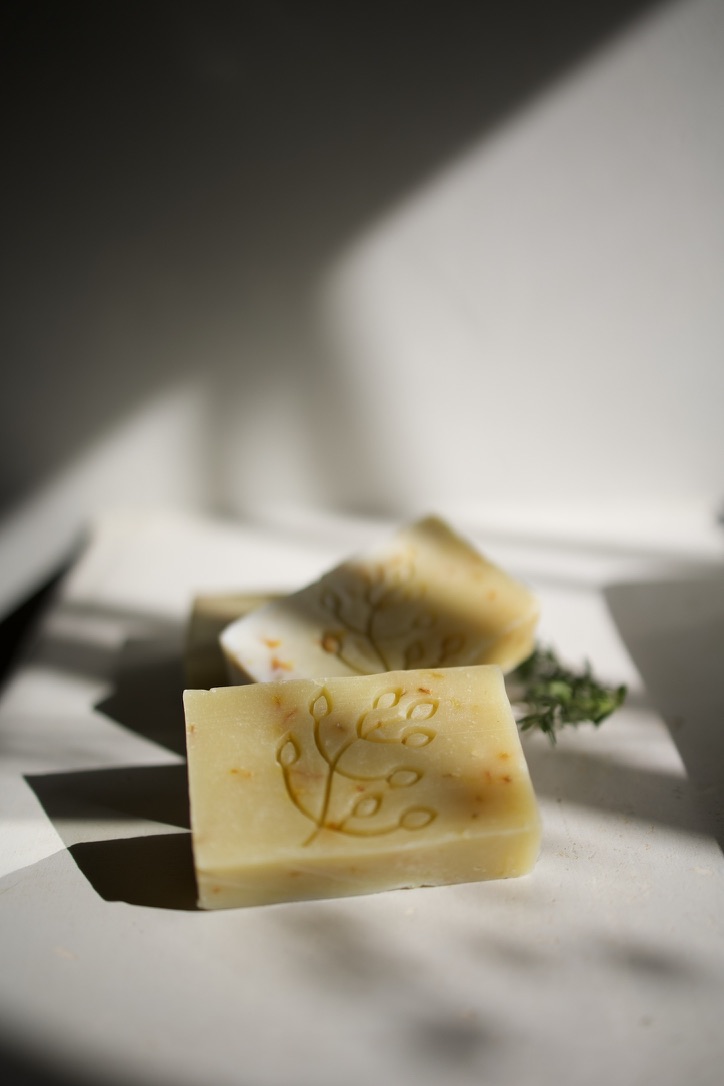Cinnabar Green is located in a semi-arid area on the lower north western slopes of Mount Kenya. The rainfall averages 400-600mm per year. The area is generally impoverished and environmentally degraded. Crop farming is challenging. The average family income is low and there are high levels of unemployment. Tree cover is minimal because so many trees have been felled for fuel or used in construction. We cannot work miracles, but we can try to increase employment levels in the community and set an example of how to preserve and restore the environment.







